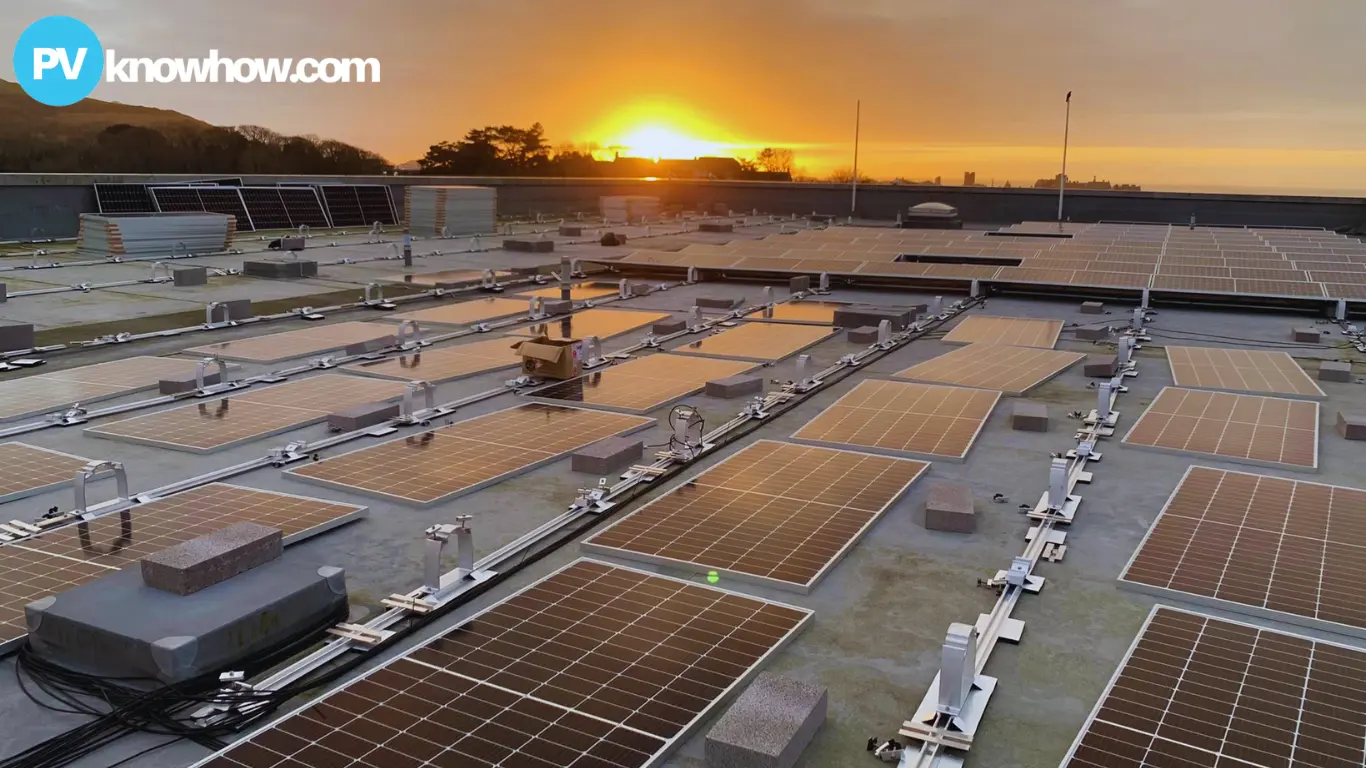The installation of solar power at Hakwata Clinic in Zimbabwe has transformed healthcare services by providing reliable electricity for the first time. This solar power system now powers essential equipment, allowing the clinic to improve care and extend vaccination programs to remote communities.
Overcoming Power Challenges at Hakwata Clinic
The installation of a solar mini-grid at Hakwata Clinic in Zimbabwe’s Manicaland Province has transformed healthcare services, providing reliable electricity for the first time. This small clinic — located in a remote area off the national grid — had long struggled with power shortages, using candles and gas-powered fridges to treat patients and store vaccines.
Before the solar power installation, healthcare workers like nurse-aide Tebitha Moyo faced immense challenges. Women gave birth in near darkness, and vaccines had to be transported from a location 32 kilometers away that had electricity. Gas-powered fridges were unreliable, often causing delays in immunization efforts.
The solar panels now provide consistent electricity to power the clinic's vaccine fridges, lights, laptops, and other essential equipment. Solar energy has made it possible for the clinic to extend vaccination programs to more remote communities. Nurse-aides like Moyo can now take vaccines to mothers who live far from the clinic through monthly outreach programs.
Improved Staff Welfare with Solar Power
The solar power system has also brought a significant improvement to the welfare of the clinic staff. Nurse-aide Joyce Mayanga — who has worked at the clinic for three years — explains how the reliable electricity has made it more attractive for health workers to accept jobs at Hakwata.

Solar energy in clinic (Image: Collected)
The homes of the health workers are now connected to electricity, thereby allowing them to use modern appliances like televisions — which has boosted morale. Mayanga explains how the clinic staff now use laptops and tablets to capture patient data and track immunization efforts.
With the solar power system in place, they can transmit data more efficiently, thereby improving healthcare management. This technological advancement was previously impossible, as the clinic lacked electricity and relied on paper records.
Solar Mini-Grid: A Game-Changer for Hakwata Clinic
The solar mini-grid — installed in 2023 by the United Nations Development Programme (UNDP) in partnership with Zimbabwe’s Rural Electrification Agency — is a game-changer for Hakwata Clinic. The system uses 416 solar panels, three inverters, and lithium batteries with a lifespan of up to 15 years.
Dr. Jo Abbot, deputy ambassador at the British Embassy in Harare, highlighted the significance of the solar power installation during a visit to Chipinge. She explained that without this solar mini-grid, it would have taken decades to bring electricity to Hakwata Clinic through traditional means.
Thanks to the investment, the clinic is now able to provide better healthcare services to thousands of people. This innovative solution has also given the clinic the power it needs to serve over 12,000 people in the surrounding area.
Addressing Zimbabwe's Power Crisis with Solar Energy
The timing of the solar power installation is crucial, as Zimbabwe faces ongoing power shortages. The country’s reliance on hydroelectric power from Lake Kariba has been disrupted by low water levels, leading to frequent load-shedding and power outages that last for hours.
Even Zimbabwe’s largest hospital — Parirenyatwa — has experienced blackouts in recent years, highlighting the need for reliable electricity sources like solar power. The success of the solar mini-grid at Hakwata Clinic has prompted the Ministry of Health to explore similar installations for other clinics and hospitals.
The plan is to equip major health facilities with back-up solar-powered systems to ensure continuous operation during power shortages. This initiative could have a significant impact on healthcare delivery across Zimbabwe, especially in rural areas that are often hardest hit by power crises.
As more clinics adopt solar power, Zimbabwe has the potential to revolutionize healthcare in its rural areas. This shift toward renewable energy not only supports the health sector, but also reduces reliance on an unstable national power grid. Solar energy is proving to be a key solution in Zimbabwe’s efforts to improve healthcare services and tackle power shortages.

